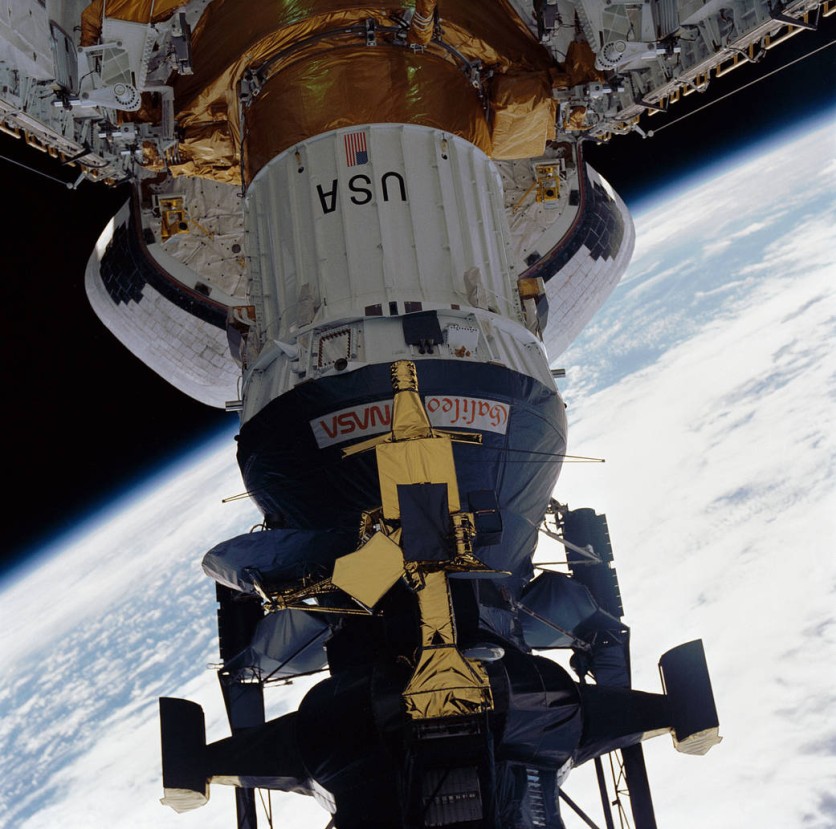Following the UK's exit from the European Union, a British satellite navigation system has been established to provide pinpoint locations to aircraft, ships, and self-driving automobiles.
Inmarsat, a satellite firm, has activated a UK "space-based augmentation system" (UKSBAS) that will give more safe and accurate positioning data than the public GPS installed in smartphones and car navigation systems.

Galileo's Replacement
Inmarsat's UKSBAS technology operates by adding an extra signal to GPS, a US government-run service. Because of the additional signal, it is less susceptible to interference, allowing for accurate precision of only a few centimeters instead of several meters.
This comes after the UK Government had just been trying to find a replacement for the EU's Global Navigation Satellite System (GNSS), often known as Galileo, following its exit from the bloc.
Although the government purchased a stake in OneWeb in July 2020, paying £364 million ($500 million) to save the company from bankruptcy, this system was built primarily as a broadband constellation, offering rural 4G, eventually, 5G internet signals across the country.
Even though it was speculated that this could one day replace Galileo, the fact that it served a different purpose indicates that Britain was left without a viable alternative to the EU's system.
However, now that the UKSBAS performs more functions similar to Galileo, it will be able to fill that role.
Read also : UK Watchdog Fines Clearview AI $9.5 Million For Illegal Collection of Facial Images of Residents
Wake of Russia-Ukraine War
According to The Telegraph, concerns regarding reliance on GPS have grown since several technologies and businesses are relying on satellite navigation, as well as in the wake of Russia's invasion of Ukraine. In fact, the Kremlin has regularly used jamming technologies to disrupt signals.
It will be especially critical for planes taking off and landing, as well as ships traversing confined channels.
Todd McDonell, who oversees Inmarsat's government business outside of the United States, said in a statement with The Telegraph that the signal would now be monitored before being tested on planes, with wider usage of the technology expected by 2024.
He also said that the world is becoming more aware of the benefits of national accuracy and reliability," adding that "as we move to more autonomous aircraft, ships, land vehicles and so on, the reliability and positional accuracy of navigation systems will go up substantially."
The technology is being developed in collaboration with the Goonhilly Earth Station in Cornwall and software developer GMVNSL, with funding from the UK Space Agency. A similar trial in Australia is already moving to actual service trials of the technology.
In 2017, Theresa May, a Member of Parliament of the UK, ordered the development of a British copy of GPS. However, the project was shelved due to the predicted high expense of constructing a sovereign system.
The Business Secretary, Kwasi Kwarteng, has stated that OneWeb -which is a taxpayer-owned satellite internet provider - might serve as the foundation for a full-fledged positioning system independent of GPS, according to The Telegraph.
Related Article : First Australia-based NASA Space Launch To Happen! Schedule, Goal, and Other Details
This article is owned by Tech Times
Written by Joaquin Victor Tacla
ⓒ 2025 TECHTIMES.com All rights reserved. Do not reproduce without permission.




